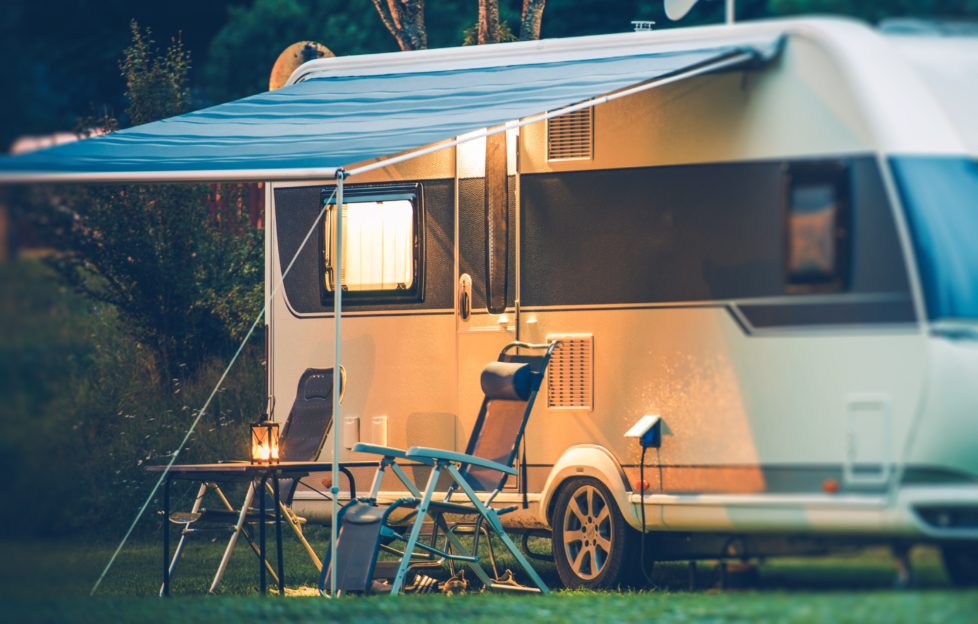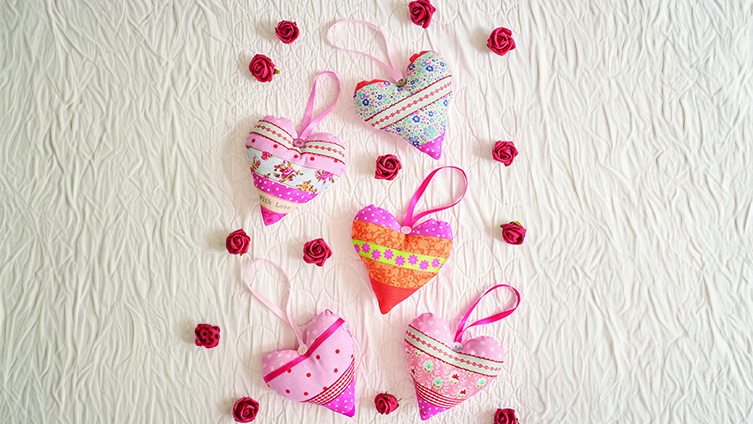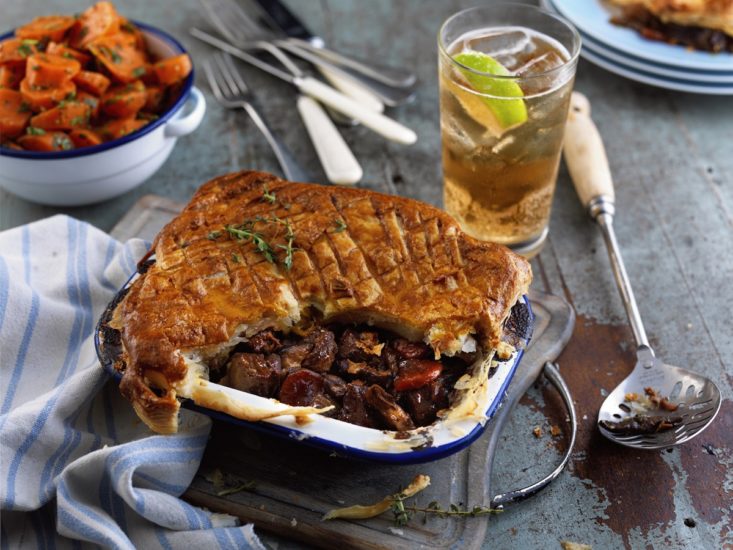
The caravan holiday is making a comeback.
According to the National Caravan Council, there are more than 500,000 touring caravans currently in use in Britain.
That’s in addition to 365,000 caravan holiday homes and 225,000 motorhomes.
So it seems we Brits are turning our backs on sun-seeking holidays to Spain in favour of the thrill of the open road, or a quiet spot in the countryside.
Given that it might well save hundreds of pounds on flights and hotels, it’s maybe not a surprise!
Whether you’re a newcomer to the caravanning holiday or a seasoned pro, organisation is the secret to a relaxing trip and a happy family.
To help you along, take a look at our essential caravan preparation schedule.
Dodge the damp
People returning to their caravan after a long, cold winter of hibernation are likely to find signs of damp.
If left untreated, damp can cause long-term water damage, so it’s important to pin-point and treat it as soon as possible.
Often materials and soft furnishings are the first areas to show signs. Always check windows and doors for any cracks or broken seals to identify possible leaks.
It’s a good idea to properly air your caravan before setting off, too. If you’re short on time, you can use a dehumidifier to speed up the drying process.
Check your tyres
Taking to the open road and then suffering a flat tyre — or even a blowout — can be a dangerous and costly experience. And not a very relaxing one, either!
One way to avoid this is to rotate the wheels of your caravan periodically across the year, particularly if it’s been kept static for long phases – that way the weight of the vehicle isn’t concentrated on one specific area of the tyre for too long.
It’s also a good idea to check your tyres’ air pressure.
This will not only help identify any slow punctures, it can also save you fuel.
Be sure to leave some time to make necessary repairs before your planned getaway. Last-minute changes can prove expensive and more than a little stressful.
Get gas-ready
Most caravans rely on bottled gas (or LPG cylinders) for refrigerating, heating and cooking.
So any successful holiday trip will need an ample supply available.
One particular benefit of LPG (liquid petroleum gas) for caravans is that it’s so versatile — powering a variety of appliances on the move.
What’s more, it’s affordable and provides a lot of energy from a small volume of liquid, making it the ideal choice for your caravanning break.
It’s also a more efficient, reliable and cleaner energy supply than electric systems.
When it comes to gas bottles for caravans, it’s important to know how much to carry. If you take too much, you’ll be carrying unnecessary weight; if you take too little, you could find yourself without gas when you need it most.
Servicing
A general service is a crucial step in your preparations — particularly if your caravan has been stowed away for months.
Your mechanic will be able to examine brake pads and breakaway cables alike, ensuring the utmost safety within the caravan is maintained.
Final preparations
Lastly, before you hit the road it’s always a good idea to make sure that everything is correctly packed and stowed away to avoid any damage to your belongings.
This includes making sure that all windows, doors and cupboards are closed and locked.
Staying safe should always be a priority, so don’t forget to check your towbar connection and re-position your car’s side mirrors, too.
This will give you as much visibility of your caravan as possible.
Has this inspired you to hit the open road? Check out our travel pages here for some possible destinations!




